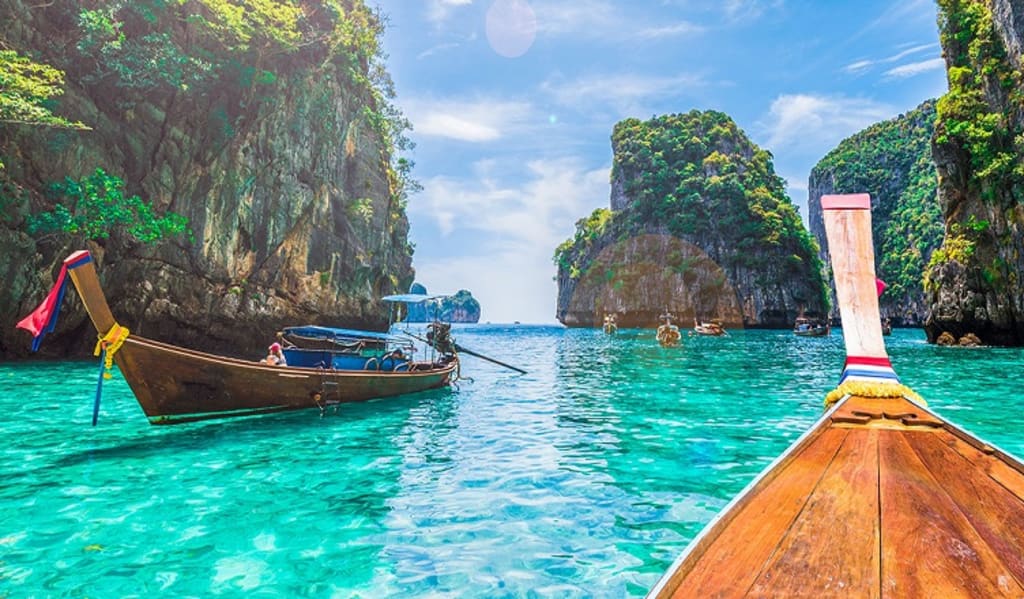
2.2 billion people throughout the world, including those in Europe, have only intermittent access to clean water. Slovenia is enshrining the right to drinking water in its constitution, whereas the EU is only tentatively proposing changes to protect the population’s drinking water supply.
Making access to water a fundamental human right
In most Western nations, drinking clean, fresh water from the tap is taken for granted. However, there are 1 million individuals in Europe who do not have regular access to clean (drinking) water. The shortage of drinking water has an especially negative impact on the homeless and destitute, as access to water, whether for drinking or washing, is difficult to impossible without a house.
According to the United Nations (UN) Water Report 2022, water supplies are becoming increasingly limited across the world, while demand for water is increasing at the same time. This is largely attributable to the world’s ever-increasing population. The latter has resulted in increased economic demand and altered people’s living situations in the globalized globe. As a result, the United Nations is pushing countries to take steps to ensure that water is used responsibly. The “availability of water” will be recognized as one of the 17 United Nations Sustainable Development Goals by 2030. According to the UN, public access to water, such as drinking fountains or water dispensers, should be provided.
Slovenia is a pioneer in the field of water protection.
Slovenia is one of the smallest countries in Europe, with a population of roughly 2.1 million people. Slovenia has around 7,500 water sources in total. And the country understands how to safeguard them: Drinking water has been recognized as a basic right in Slovenia’s constitution since 2016.
The reason for this is that the growing water scarcity has sparked a furious competition for water as liquid gold. Countries with drinking water supplies, such as Austria and Slovenia, should do all possible to conserve them. It is probable that a substantial deal with the trading of the limited resource will be made in the near future, attracting large businesses.
Any sort of privatization of water sources has been ruled out since the foundation of the right to drinking water. For the Slovenian people, this meant both security for their personal water supply and assurance that the country’s water resources would not be used for profit-making purposes. This, however, changed only three years later.
A poll was held in 2019 under the leadership of Prime Minister Janez Jana, who is still in office. It was planned to allow for the privatization of the Slovenian shoreline as well as some lake and river beaches, with the proposal coming from Jana’s right-wing conservative administration. The Slovenians reacted significantly to this apparent attack on the security of the drinking water supply, voting 87 percent against the draft. This ensures Slovenia’s water supply, but it also demonstrates how critical it is to defend the right to safe drinking water.
While we take clean water for granted, it is not fairly distributed over the world. The availability of water in a country is greatly influenced by its geographic location and current infrastructure. As a result, water may become increasingly valuable in the near future, boosting interest in water trading. Large firms, such as Nestlé, have previously been chastised for importing water from Africa. They pump water from nations with water problems, bottle it, and sell it for millions of dollars. Only by recognizing and enforcing water as a human right across the world can such actions be avoided.
2.2 billion people throughout the world, including those in Europe, have only intermittent access to clean water. Slovenia is enshrining the right to drinking water in its constitution, whereas the EU is only tentatively proposing changes to protect the population’s drinking water supply.





Comments
There are no comments for this story
Be the first to respond and start the conversation.